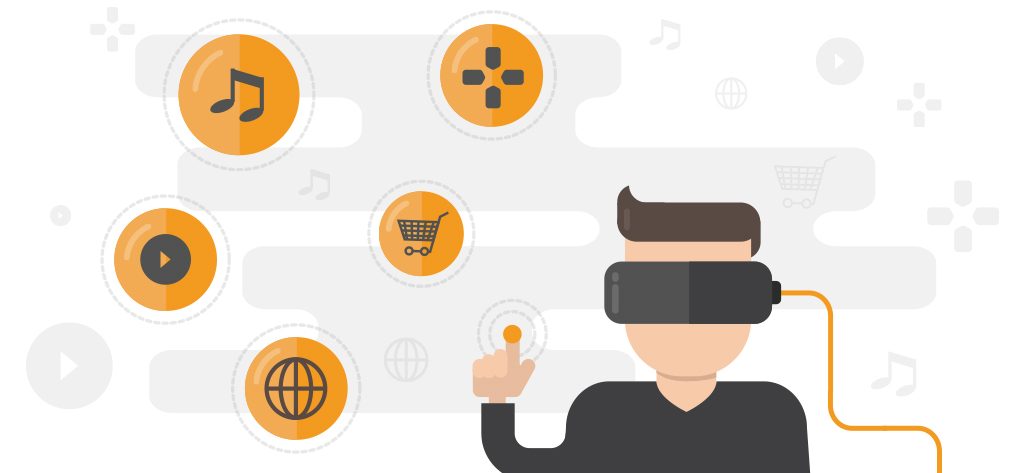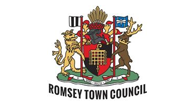The Future of Virtual Reality
Posted on October 25, 2016 by Taylor
Conventionally, virtual reality headsets have been incredibly expensive – costing well into the hundreds of pounds. Not only is the headset itself expensive you also need a computer powerful enough to run games smoothly, potentially adding thousands of pounds onto your bill. Unfortunately, this high cost of entry presents a barrier to many people who are looking to get into the world of VR. Fortunately, PlayStation has jumped onto the VR bandwagon with the upcoming release of PlayStation VR – a somewhat more affordable alternative.
To highlight the capabilities of PlayStation VR, Warner Bros have created a short game – aptly named Batman Arkham VR, that puts you in the bat suit for just $20. The game has been designed specifically with VR in mind, with various puzzles that require you to use your hands. Batman Arkham VR provides a very good showcase of VR’s best features.
Virtual reality in business
You may think that virtual reality only caters to a market of gamers, but VR is expected to make quite a big splash within the business scene as the technology becomes more mainstream. For example, some retailers have been experimenting with VR to create a virtual shopping experience where customers can look around their shop as if they were really there.
It’s the next big thing.
- Matt L
Live events
Virtual reality is already used within a few live events such as Formula E. Allowing people to experience behind the wheel action. It will be interesting to see whether this makes it to other live events such as boxing and football. VR would allow us to watch the sport from various different viewpoints, some of which would cost tens of thousands of pounds where you actually there live. These sorts of events may also present a good opportunity to advertisers, allowing the use of virtual personalised ads from within the virtual reality experience.
I expect to see more applications of VR at live events.
- Dan C
Virtual reality is already used within a few live events such as Formula E. Allowing people to experience behind the wheel action. It will be interesting to see whether this makes it to other live events such as boxing and football. VR would allow us to watch the sport from otherwise very expensive and competitive viewpoints. These sorts of events may also present a good opportunity for advertisers. Allowing them to deploy personalised ads from within the virtual reality experience.
Other applications could include a 360 view of a product, training new employees or virtual tours of a business environment. A simulated business environment may help train new employees that are beginning work in a hazardous field, therefore preparing them for the real thing. The possibilities of virtual reality in the enterprise are almost endless. Estate agents could create virtual reality experiences of their property portfolio, allowing potential clients to view a house online. Virtual reality can also be used in manufacturing to design and develop better products.
Looking to the future
Virtual reality is here to stay. We expect to see its growth continue in both consumer and enterprise markets as the technology becomes more cost effective. We also expect VR to continue to grow within the live events field, allowing users to purchase ‘virtual tickets’.











































